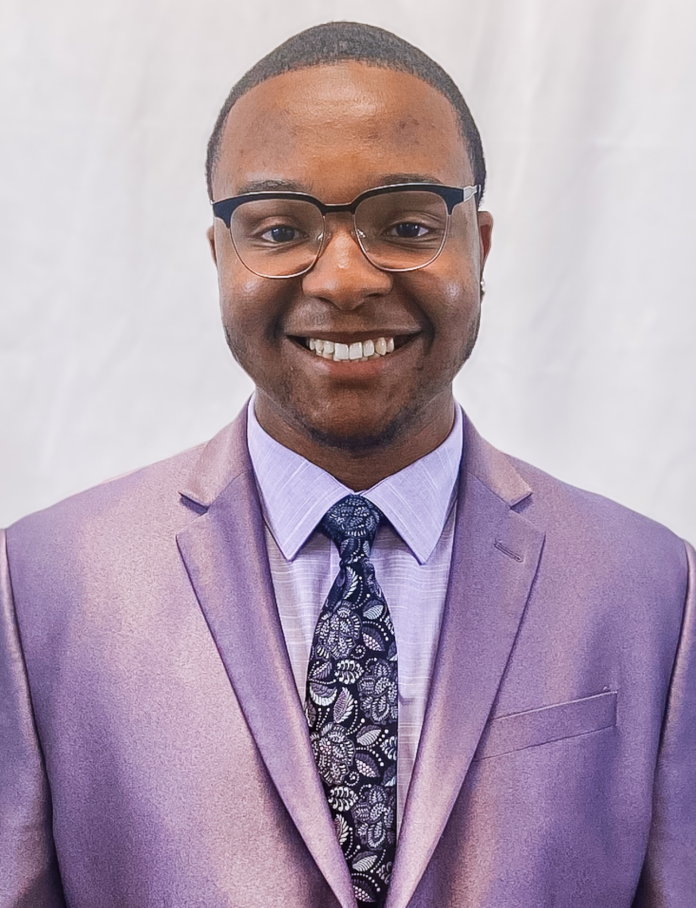
Mental health remains a critical issue, yet for Black men it is a topic often hidden and silenced. As a Black man, I have seen firsthand the unique struggles Black men face when it comes to mental health and seeking support. Despite increasing awareness around mental health, there is still a deep cultural and societal stigma surrounding Black men’s mental health that prevents many from receiving the care they need.
For Black men, mental health is not just about personal well-being; it is a complex issue shaped by historical and present-day systemic barriers. From childhood, Black boys are often taught to equate strength with emotional suppression. The phrase “man up” is a constant undercurrent, leading many to believe that vulnerability is a sign of weakness. Combined with the realities of racial discrimination, police brutality, and economic challenges, this creates a perfect storm of psychological distress that too often goes unaddressed.
For many Black men, keeping emotional struggles to themselves becomes a way to cope, even when it may lead to feelings of isolation or distress. Additionally, there is often a shortage of mental health providers who fully understand the cultural experiences of Black men, which can make seeking help even more daunting.
However, there is hope, and change can begin where the next generation gathers — on college campuses. Higher education institutions have a unique opportunity to intervene and help dismantle outdated and counterproductive attitudes around mental health.
College students are at a critical developmental stage where they can challenge and reshape societal norms, including the stigma around mental health for Black men. By fostering environments where seeking mental health support is normalized and encouraged, campuses can empower young Black men to prioritize their mental well-being without shame.
Programs aimed at increasing mental health awareness among Black students can be a game-changer. Organizations like The Steve Fund, which focuses on supporting the mental health and emotional well-being of young people of color, are essential. Campus counseling centers can also play a vital role by offering culturally responsive therapy and facilitating peer support groups where students feel safe discussing their experiences.
Colleges and universities can also support these efforts by organizing mental health campaigns, workshops, and speaker events that feature Black male public figures who have openly shared their experiences with mental health.
The data is clear: Black men are more likely to experience serious mental health challenges, such as depression and anxiety. According to the American Psychological Association, Black adults are 20% more likely to report serious psychological distress than their white counterparts, yet they are significantly less likely to seek and receive treatment. College administrators, faculty, and staff have a crucial role to play in addressing this by offering resources and creating supportive environments where all students feel comfortable engaging in open, honest conversations about mental health.
By encouraging students to seek mental health support early on, we equip them with the tools to manage stress, trauma, and emotional wellbeing throughout their lives. Black men need to understand that seeking help is not a sign of weakness, but an act of strength. Today’s college generation is well-positioned to change the narrative, transforming the cultural script that has long equated emotional suppression with masculinity.
The conversation is long overdue, but it is not too late to make a difference. Black men’s mental health matters, and with the support of higher education institutions, we can foster a culture where vulnerability is seen as a strength and seeking help is embraced as a path toward healing.


